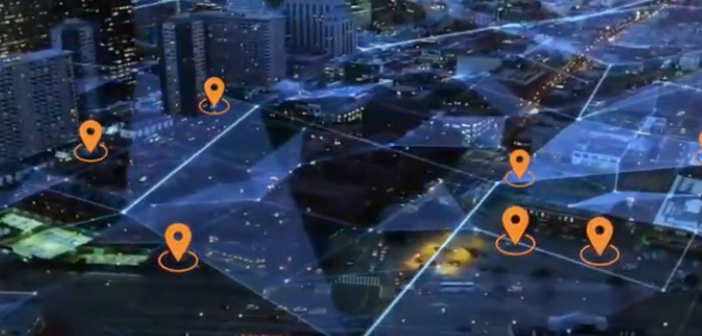Transport for West Midlands (TfWM) is harnessing the power of 5G sensors to reduce congestion on the region’s busiest roads.
Working in partnership with West Midland 5G (WM5G) and London-based AI technology company Vivacity Labs, TfWM will use live traffic information from the 5G sensors to take action when queues build up. This includes implementing diversions, changing bus routes and issuing instant warnings to motorists.
Vivacity will provide AI-powered sensors which gather detailed and anonymous data 24/7 on travel patterns, transport flow and different modes of transport to support strategic decisions on urban infrastructure. Insights from these sensors will enable the project to redefine road networks and plan future transport developments.
Mike Waters, director of policy, strategy and innovation for TfWM: “Our partnership with Vivacity Labs, and the accurate data that its technology will provide us with, will go a long way in reinvigorating existing traffic networks in the region.
“The project will also allow us to develop better traffic models or “digital twins” allowing improved understanding of changes in travel behaviour as the region comes out of lockdown. These models also allow us to prioritise road improvements and support new developments, key to “building back better”.
Currently, the region relied on manual surveys of traffic flows using pneumatic tubes or limited coverage of CCTV and Automatic Number Plate Recognition (ANPR) cameras to gauge the number of vehicles and journeys being undertaken on roads.
During the first phase of the project, the collaboration aims to capture a more granular picture of traffic flow through the deployment of various 5G enabled sensors, radar and cameras across the key route network.
Mark Nicholson, CEO at Vivacity Labs, added: “We’re passionate about making our cities smarter, safer and more sustainable and we’re really looking forward to seeing the positive benefits that our data will provide the West Midlands with, particularly as the region emerges from lockdown this summer.
“The pandemic has seen a significant shift in travel trends, and, as well as live insights, data provides the ability to both analyse where to implement changes and evaluate the effectiveness of schemes in place.”
The next stage of the £5.8m Road Sensor Network Project will see around 280 sensors provided by Vivacity and Vaisala deployed across the seven constituent authorities of the West Midlands Combined Authority area, before its conclusion in March 2022. It is hoped the findings will support other regions in developing similar networks to ease congestion hotspots and more intuitively manage traffic flow.





